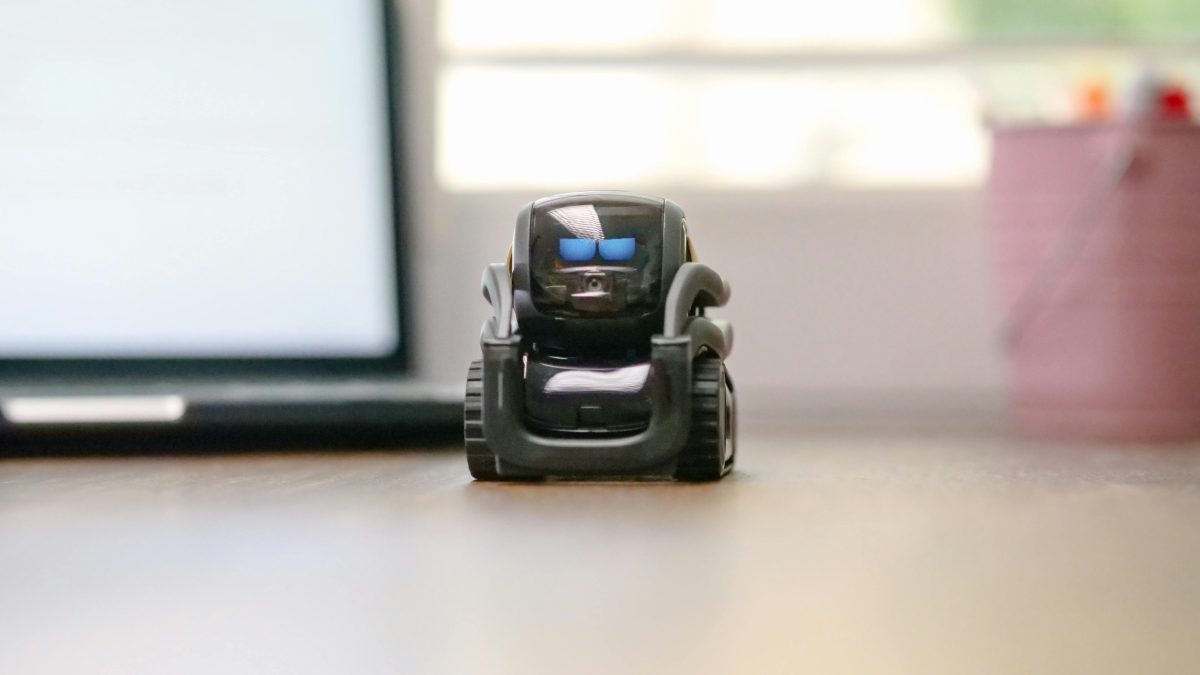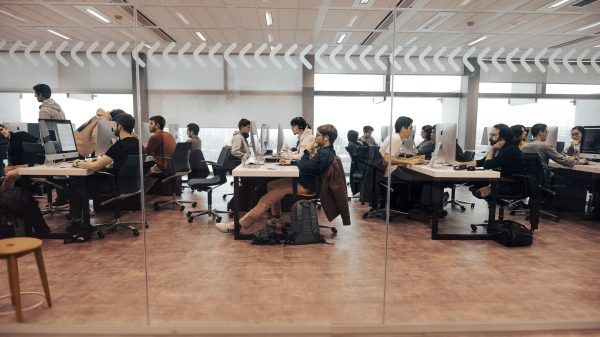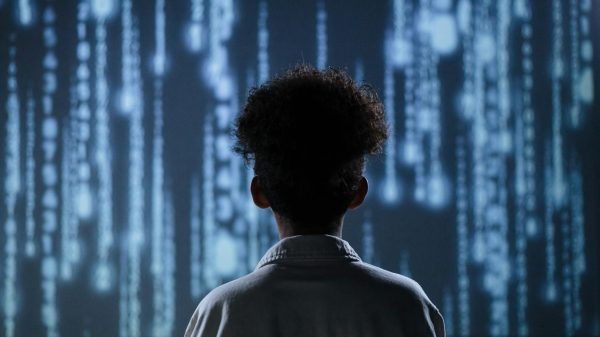What seemed futuristic just a few years ago is now becoming an essential tool for personalising teaching and improving learning outcomes in education. But how is AI changing the way they learn?
AI as a Personalised Learning Assistant
One of the main contributions of AI in education is the personalisation of learning. AI-powered systems can analyse the strengths, weaknesses and learning paces of individual students. For example, platforms such as DreamBox and Smartick use algorithms to adapt maths lessons according to level and progress, ensuring that no student falls behind or becomes bored by repeating concepts they have already mastered.
Reinforcing Inclusive Learning
AI is also helping to create more inclusive learning environments. Tools such as Text-to-Speech and real-time translation applications allow students with disabilities or those who are not proficient in the primary language of instruction to access educational content on an equal basis. For example, children with dyslexia can benefit from platforms that automatically adjust font size and reading speed to facilitate comprehension.
Support for Teachers
Contrary to the idea that AI could replace teachers, these technologies are serving as an invaluable complement. Teachers can use AI tools to identify learning patterns, manage administrative tasks and design more effective lessons. This allows them to spend more time on activities that require a human touch, such as motivating and guiding students in their personal development.
Challenges and Ethical Considerations
Despite its advantages, the use of AI in primary education poses certain challenges. The privacy of younger students’ data is a major concern, as AI platforms collect detailed information about users. There is also a risk that over-reliance on technology will reduce the role of human interaction in learning.
A promising future
The potential of artificial intelligence to transform education is immense. However, it is critical that it is implemented in a balanced way, with a focus on enhancing the educational experience without dehumanising it. AI will not replace teachers, but empower them to be more effective and empathetic in their work.
As technology advances, we will see how AI will continue to shape the future of classrooms, creating more equitable, accessible and exciting learning environments for the next generation.











